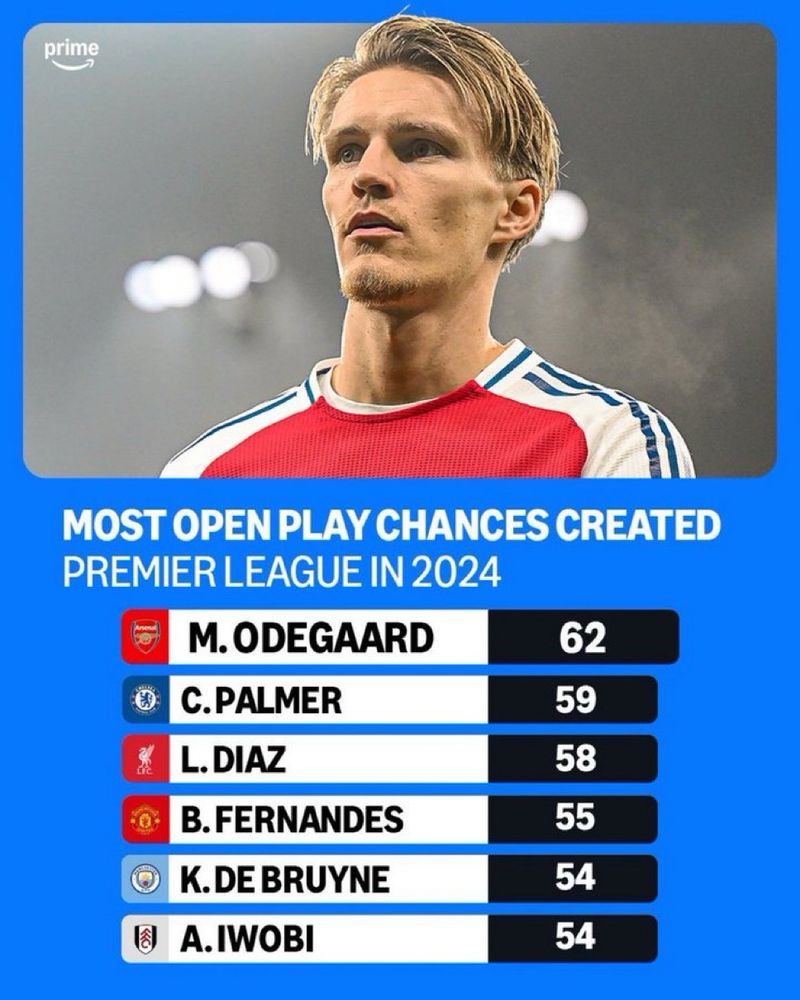The last thing a team chasing the title wants is to lose a key midfielder. A missing key defender can often be covered by his team-mates and collective organisation, playing without a star forward means you might be crying out for the odd moment of magic (or someone else to step up when the chance comes) but you can still look to dominate from back to front.
Not so much without your best midfielder. The player who makes the press possible and organises the team without the ball, the player who makes everything tick with the ball, whether by dropping deep to get things going, stitching moves through the thirds, or arriving on a chance on the edge of the box.
Take out arguably your most important and most irreplaceable player, if not your best, and things can quickly fall apart. With a less effective press, you get played through, so you drop deeper. Your play in possession gets sloppier so you get hit on the break more or you turn the ball over closer to your goal more often. When you are in the final third and you do create chances, they’re rarer than before; you’d better take the chances you do get, otherwise you’ll probably end up paying for it.
A lack of alternatives due to other injuries or suspensions means the same players are playing every game as you try to get by. Fatigue will set in eventually. Even if the players being asked to play every few days do stay fit, performances are likely to take a hit as the minutes add up and new roles, new relationships, new responsibilities all need some time to click.
And it can happen to anyone, at any moment.
“If we don’t win, it’s because we miss Rodri,” Pep Guardiola said back in late September. I’m obviously referring to Martin Odegaard and the impact his absence has had on Arsenal but all of the above could very easily have been written about that midfielder and that team.
Mikel Arteta might not want to say it but I will: in the absence of the captain, if Arsenal don’t win, it’s because they miss Odegaard.
Luckily for Arsenal fans, that’s something that hasn’t really been a problem over the last few seasons. The Norwegian started 104 of Arsenal’s previous 114 Premier League games before this season kicked off. There are only six matches he was completely unavailable for and Arsenal lost three of those.
Injuries in defence had an even bigger impact on midfield over the past few months. Calafiori, signed to be an upgrade on Zinchenko, who himself has struggled with injuries, has been missing. Arsenal lost Ben White for some games too, meaning Thomas Partey was removed from the midfield to play right-back, while Jurrien Timber covered for Calafiori and Tomiyasu on the left of the defence.
Arteta is not blameless in the team’s struggles. It may have been time to use more of Oleksandr Zinchenko or Jorginho — ball players who look to be in possession constantly and keep things ticking, working their way upfield — in the centre of the park, replacing some of Odegaard’s ability to set the pace and allow Arsenal to camp in opposition halves. There have been shouts for Ethan Nwaneri to feature more to take over some of the final third duties, with Arsenal badly struggling to create chances.
But you can also understand wanting to keep things tighter when you’re not as confident that you’ll be able to create chances. Odegaard has created more than any other player in the Premier League in 2024, despite missing the last two months.
Even with those charges levied at the manager, some concessions (against Liverpool, at Inter) have come with a little too much aggression and purpose high up the pitch, while the red card against Bournemouth came from Arsenal trying to play as high as ever.
Oh, the red cards. WhoScored say Arsenal have conceded almost twice as many non-penalty shots on target per game this season (4.09) than last season (2.11) but — as I posted on Bluesky — 16 shots on target have come in around 145 minutes with just 10 players on the pitch, compared to 29 shots in the other 850 minutes, more or less (I’m working without added time) when Arsenal have been playing 11 against 11. To simplify, with 10 men Arsenal have conceded a shot on target every 9 minutes, with 11 it’s a shot on target every 29 minutes.
Even in almost certainly the worst performance of the season, up at Newcastle, Arsenal barely conceded anything and the real issues were at the other end of the pitch. Context is king. It’s still worse than last season but you would expect Arsenal to be worse without Odegaard than they were with him.
The captain’s return should mean an improvement and it will have to. Arsenal find themselves a long way behind right now — Liverpool have played well, won their close games, and by and large had every one of their key players fully fit so far — the gap to the top is nine points.
But things haven’t quite been as bad as they might feel — half of the 14 dropped points have come when Arsenal were a man down, another two came in the Liverpool match without Odegaard, Saliba, Gabriel, Timber and Calafiori on the pitch — and Mikel Arteta’s side have already navigated what should be the toughest run of the season: of the other sides to finish in last season’s top seven, Arsenal have already played five of them away from home.
It will require keeping everyone fit and going on a run akin to last season, when the team one 16 of the final 18 games last season. That run — and the cleanest possible bill of health — has to begin immediately.
With Odegaard back, there’s no reason to think it’s not possible.

















